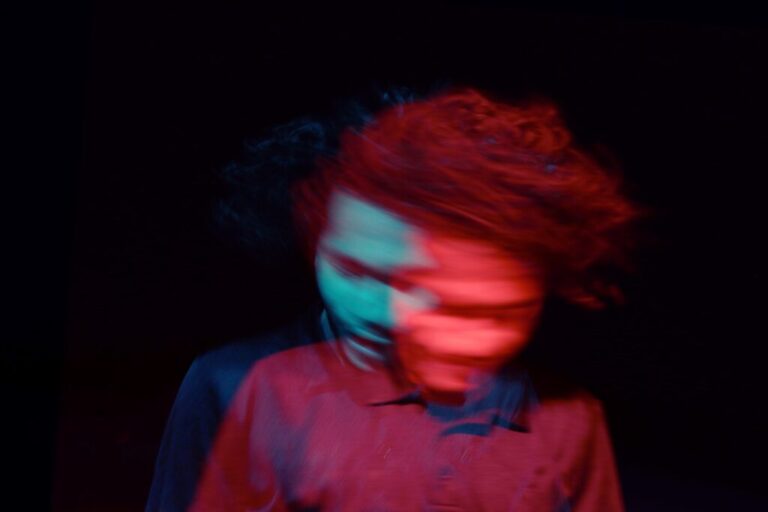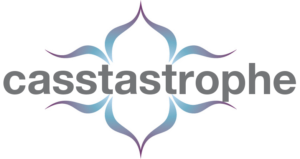Yesterday, while I was sitting in my living room crocheting a blanket for my 19y/o son, I was also listening to a podcast by NPR’s Hidden Brain. It was a 2-part episode on addiction called The Paradox to Pleasure and The Path to Enough.
One of the take-home message of these episodes were that everything in our world has been “drug-ified” from actual drugs, like opioids and cannabinoids, to exercise, to gambling, to reading too many romance novels. Everything we do has the potential to tip the scales to become an addiction.
Never before has self-care felt more important to me than after listening to this guest speak, Anna Lembke the author of Dopamine Nation: Finding Balance in the Age of Indulgence.

I just recently spent 14 days in quarantine for my first bout with COVID-19. I experienced many symptoms, but the one that upset me the most was the fuzzy brain feeling. I was faced with all this time, all my appointments and outings cancelled, and yet I couldn’t take the time to work on my blogs, or my posters for the Facebook group, and certainly not one of my three books on the go. I didn’t trust myself not to make silly errors. I felt, for the first time, trapped in my own head. I spent much more time than I’d like to admit simply doom-scrolling and watching silly cat-compilation videos. Was this addiction? No, I think it was based on circumstance more than anything. And now that I’m feeling better, I don’t feel compelled to pick my smartphone up and continue the act — there are for more interesting things in my head that want to get out!
But given a few more days, and a bit more time, I imagine this temporary habit could very likely have tipped into a less controllable realm, maybe even become an addiction.
Do I have addictions in my life? I think perhaps there are a few things I’d find it difficult to abstain from for very long. But they aren’t classic things one would think of as addictions. And that’s the thing, addiction can come in so many different forms. We’re all looking for that next dopamine hit, whether it comes from a substance or from a ‘Like’ on one of our posts.
How do we know when it is an addiction?
Addiction can refer to the problematic use of a substance, but it can also refer to too much of anything that takes you away from the rest of your life — like gambling, excessive gaming, or chronic retail therapy (shopping). The harms from these addictions can range from mild (like a hangover, or being late to work) to severe (like homelessness, disease, bankruptcy, etc).
Knowing when to seek help for a habit that has tipped into addiction can be a hard call. The four C’s of addiction are one place to start. Compulsion, Cravings, Consequence, and Control.
For example, you would know you or someone else has an addiction when they:
– have compulsive drug-seeking behaviour
– are having drug cravings
– continue using drugs in spite of the negative consequences
– have lost control of their drug use, and as a result, are unable to cut back or stop using.
In this example, “drug” could be replaced with any addicting action — like chronic masturbation, or excessive eating, or out of control partying.
Addiction does not differentiate between people. It can afflict anyone, at any point in their life. It can, and will, rob you of your freedom and make you submit to the substance or action.
So what do we do about it?
First thing’s first — if your addiction is to a substance and it would be detrimental to your health to stop “cold-turkey”, make sure to seek medical advice before trying to go it alone. Things like alcohol and opioid use can cause serious damage, or even death, if they are not come down off of in a monitored and safe way.
Regardless of the addiction, going it alone is not recommended. Reach out to your doctor, therapist, coach, or a close friend and let them know what you are going through. There are many types of treatment options available, some of them might look like:
Hospital management: some substances must be monitored while you come down off of them, otherwise they can be very dangerous. Special hospital units can support and care for you while you go through the withdrawals from these substances.
Medications: there are medications available that can help reduce urges, cravings, and ongoing withdrawal symptoms. Speak with your doctor about what may be available to you.
Rehabilitation: This can be done both at a rehab facility (inpatient) or on a regular schedule of visits (outpatient). There is structured counselling, education, support, and encouragement provided to those committed to ending their addictive habits.
Therapy: This is entered into with a trained addiction therapist one on one, or in a hospital or group setting. Things like psychotherapy or cognitive behavioural therapy, among others, can be used to help gain new perspective and change the unwanted behaviour
Support groups: Things like AA (Alcoholics Anonymous) or NA (Narcotics Anonymous) are offered in the community to help people with their accountability and learning new behaviours. There are other options outside of these ones, like SMART groups, check in with your local hospital and see if they offer or recommend others, as well. These groups offer individuals the opportunity to share their experiences and connect with others going through similar circumstances.
Addiction is insidious. It can happen slowly and seem innocuous at first. Of course you’re shopping online, that’s what everyone does, and you need these things, or you deserve these things, or you’ve earned these things — and suddenly, scrolling shopping sites takes up all your time, your bank balance is in the negative, and you can’t seem to stop. You’re not alone. According to Stats Canada, more than 20% of the population will experience a substance use disorder or addiction at some point in their lifetime. That is 1 in 5 people.
How can you avoid addiction?
Things like, knowing your family history can give you a heads up that maybe you are more vulnerable to addiction, like alcoholism. This can help encourage you to avoid or limit substances that have the potential to become addictive — maybe limiting the amount and frequency of your interactions with them. And knowing other ways to reduce stress in your life can be a big help. People often seek an out, a disassociation from their problems, something to “take the edge off”. But if this is the only way you know how to deal with stress, you are heading straight into the arms of addiction. Knowing that a good run, or a cold shower, or journaling can also be methods to handle stress is a start. Consider reaching out to a health professional or a mentor if you are worried about going it alone.
If you, or someone you know, is suffering from addiction, send me a message and we’ll see if I’m a good fit, or if I can point you in the direction of someone better suited. Addiction can be seriously life changing — shame ought not be what stops you from asking for help.
